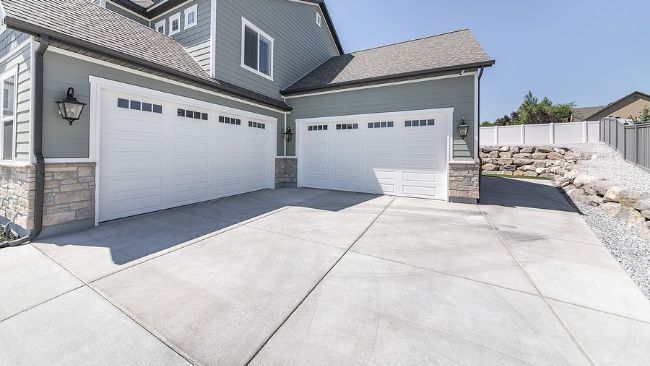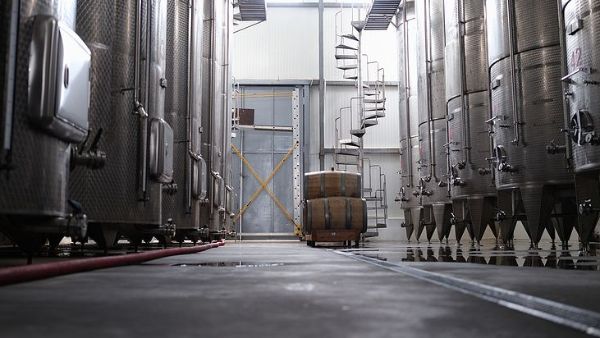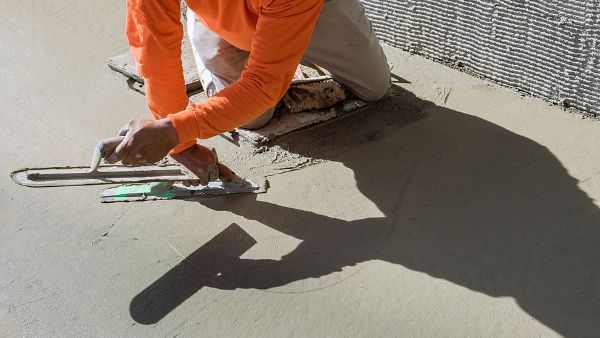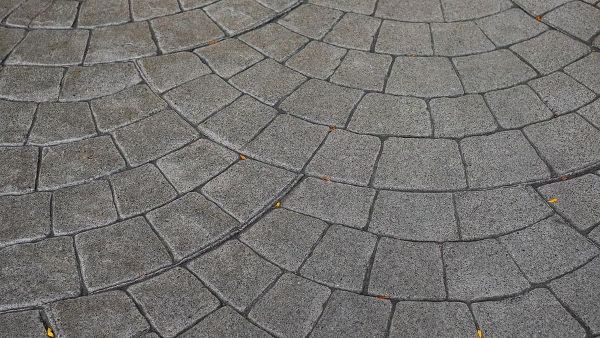How To Cure Your Driveway the Right Way
How To Cure Your Driveway the Right Way
Having great curb appeal at your home can mean a lot. It makes the property more enjoyable to live in and looks good to show off to visitors. It's also an important asset if you plan to sell your home. So if your driveway is in rough condition, it makes sense to call a concrete contractor to give you a new one. Once the new path is poured, however, it is critical to let it cure so it lasts. Here is a guide to how that process works.
Understanding the Curing Process Like a Concrete Contractor
Concrete driveways are a popular choice for homeowners due to their durability, longevity and low maintenance. In order to get all of those benefits, you have to let the concrete cure properly after installation. This will ensure that the driveway lasts for decades without cracking or crumbling.
What Is Curing?
Curing is the process of maintaining the proper moisture and temperature conditions for concrete to develop its full strength and durability. You need to keep the concrete surface wet and sealed for a specific period, typically 28 days, to ensure that the concrete develops its full strength and resistance to cracking and other damage.
During the curing process, the concrete undergoes a chemical reaction called hydration, where the water in the mix reacts with cement to create calcium silicate hydrate, the main component of concrete. The reaction continues until all the water is consumed or the moisture level in the concrete drops below a certain level.
The temperature and moisture levels during curing are crucial because the hydration reaction slows down or stops at lower temperatures. Too much moisture can cause the concrete to be weak and too little moisture can cause it to be brittle.
What Is Drying?
Some people may confuse curing with drying, but a concrete contractor can tell you that these are two very different processes. Drying removes moisture from the concrete surface. This happens after the curing process is complete, and the concrete has reached its full strength. Drying is necessary before the application of coatings, paints or other finishes, as they require a dry surface.
You can dry concrete naturally or through the use of heating or dehumidifying equipment. Natural drying typically takes a few weeks, depending on the weather conditions and the thickness of the concrete. Remember, proper curing is necessary before drying can occur so you have to make sure curing goes well if you plan to paint or seal the driveway.
When Can You Drive on a New Driveway?
So do you have to wait a month before you touch a newly poured concrete driveway? Not necessarily. While it's best to wait the full curing time, that's not always possible. Wait at least 48 hours before allowing anyone to walk on it. If you must park on it, wait a full week so the concrete can gain some strength. Even then, only park light vehicles on the new concrete; no SUVs or RVs.
Do your best to avoid scuffing the concrete or putting any stress on it during the four-week curing period. You could cause damage to the driveway that will be expensive to fix. It may seem like a long time to go without using your parking space, but it will be worth it to have a good result.
Benefits of Having Properly Cured Concrete
Now let's discuss the benefits of letting the concrete cure properly. The most important advantage of curing is increased strength and durability. When the concrete is allowed to cure for the full 28 days, it reaches its maximum strength and is less likely to crack or crumble. Proper curing also helps to prevent surface defects, such as scaling, cracking, and crazing.
Another benefit of proper curing is improved resistance to weather. A well-cured concrete driveway is more resistant to freezing and thawing cycles, which can cause cracking and other damage. It is also more resistant to wear and tear from heavy traffic, such as cars and trucks. This is important because when you spend the money to have a concrete contractor give you a new driveway, you want it to last.
Factors That Impact Curing
Every concrete pour and curing process is unique thanks to the different factors happening at that moment. One major consideration is the type of concrete used. There are different types of concrete, such as fast-curing, high-strength and self-leveling concrete.
Fast-curing concrete is used in projects that require a quick turnaround time and can cure within a week. High-strength concrete is used in areas with heavy traffic, such as driveways and highways. This type of concrete can take up to 30 days to cure fully. Self-leveling concrete is used in projects where a smooth surface is needed and can cure within 24 hours.
The ideal temperature range for curing concrete is between 50°F and 80°F. If the temperature is too low, the curing process will take longer and the concrete will be weaker. On the other hand, if the temperature is too high, the concrete will cure too quickly, which can result in cracks. Humidity levels and wind speed can also affect the curing process. High humidity levels slow down the curing process, while strong winds can cause the concrete to dry too quickly.
The thickness of the concrete also affects the curing time. Thicker concrete takes longer to cure than thinner concrete. For example, a driveway with a thickness of 4 inches will take longer to cure than a sidewalk with a thickness of 2 inches.
Let a Concrete Contractor Help You Get a Great Driveway
A new driveway is a worthwhile update for your home but it does require some patience to get a result that you will love for years to come. Not only is it functional but the new concrete will improve your curb appeal and could increase the value of your property. If you've been searching for a concrete contractor,
call RTS Construction and get a contractor who can pour your new driveway and so much more.





